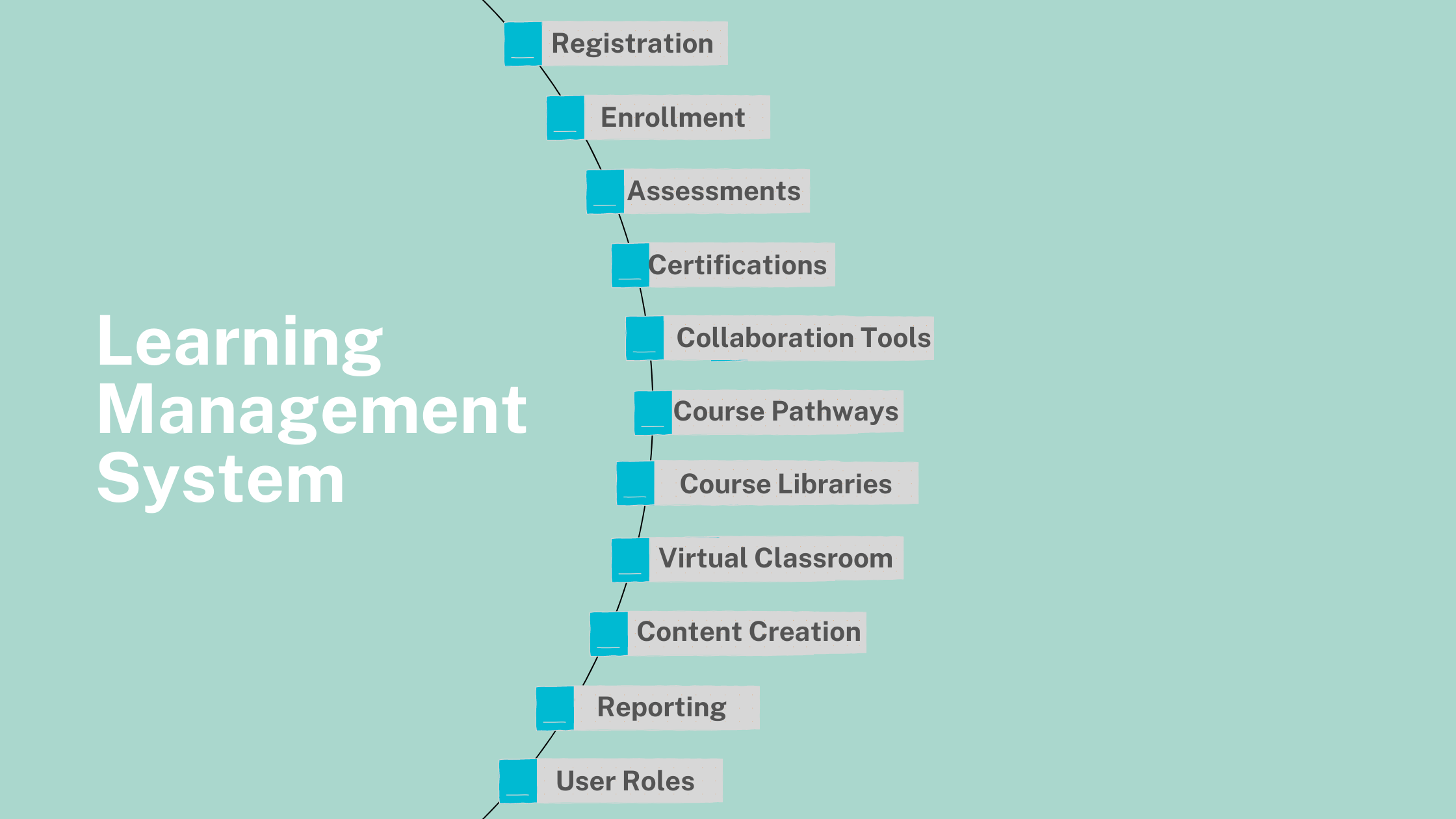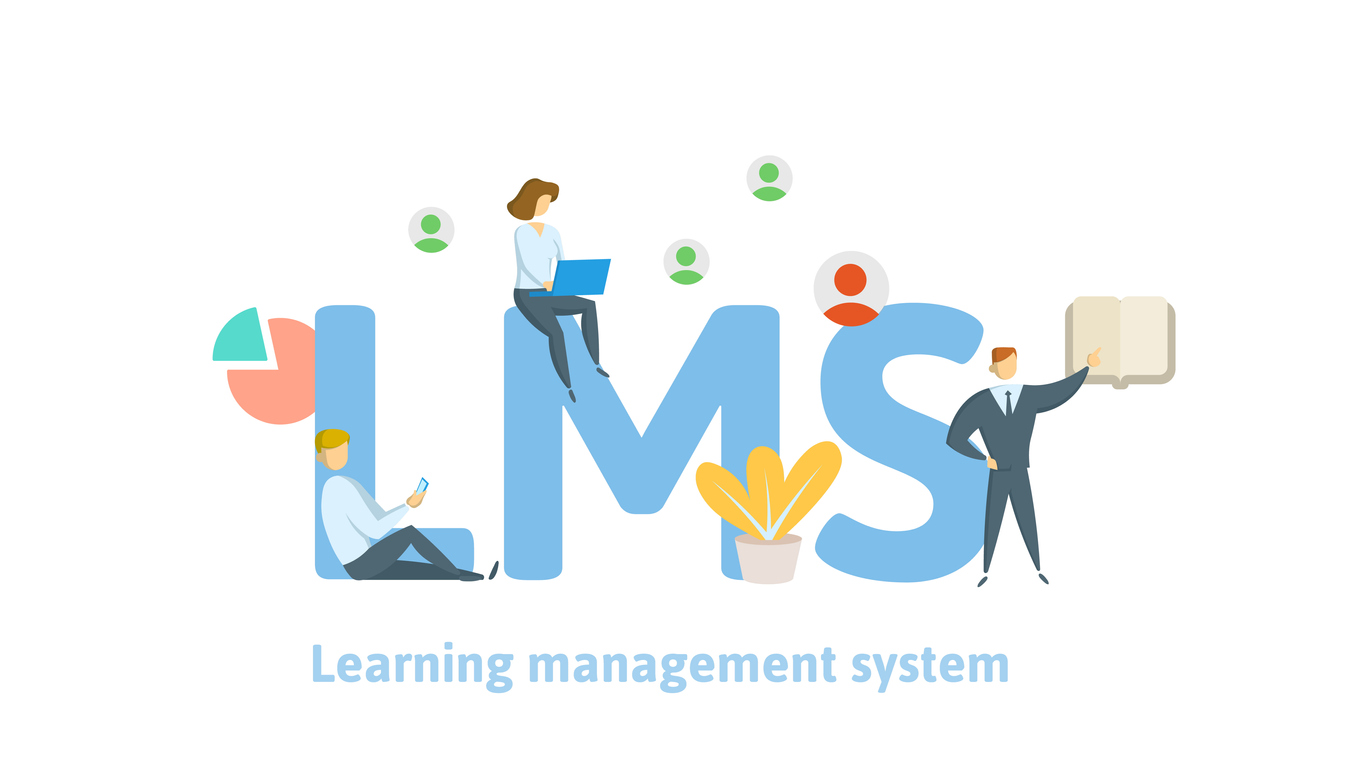LMS SG: Benefits of Adopting a Learning Management System for Your Business
LMS SG: Benefits of Adopting a Learning Management System for Your Business
Blog Article
Choosing the very best Discovering Management System for Your Company
Picking the ideal Knowing Administration System (LMS) for your organization is a complex choice that needs careful consideration of numerous elements. From specifying accurate learning purposes that reverberate with your strategic vision to evaluating individual experience, each variable plays an essential duty in the overall performance of the system. In addition, understanding combination capacities and ensuring scalability for future requirements can not be neglected. As companies pursue efficiency and growth, the choice of an LMS becomes increasingly considerable. What are the essential factors to consider that can affect your decision-making procedure?
Specify Your Understanding Purposes
Defining clear understanding purposes is necessary for the successful implementation of a Knowing Monitoring System (LMS) These purposes serve as a roadmap, assisting the growth of content, analyses, and total training techniques within the LMS. By establishing particular, measurable, possible, relevant, and time-bound (WISE) objectives, companies can ensure that the discovering experiences are aligned with their tactical objectives and learner needs.
Reliable discovering objectives should envelop what learners are anticipated to know or have the ability to do upon conclusion of a program or training program. This clarity not just aids in web content development however likewise assists in the examination of student progression and the general effectiveness of the LMS. LMS SG. Distinct purposes enable stakeholders to evaluate whether the selected LMS functionalities and functions line up with their instructional goals.
Assess Customer Experience
Once discovering objectives have been developed, examining customer experience becomes an important next action in selecting a proper Understanding Monitoring System (LMS) Individual experience incorporates the overall satisfaction and convenience with which students communicate with the system. A properly designed LMS needs to promote user-friendly navigating, making certain that users can locate training courses, products, and assistance easily.
To evaluate individual experience, consider performing usability screening with a depictive example of end-users. Key variables to review consist of the LMS's user interface style, accessibility functions, mobile compatibility, and the clarity of instructions given.
Furthermore, evaluate the schedule of assistance resources, such as tutorials and aid facilities, which can boost the user experience. The responsiveness of customer assistance is also critical; prompt support can considerably minimize irritations that users might come across. Eventually, picking an LMS that prioritizes customer experience not just enriches the discovering procedure but also promotes greater engagement and satisfaction among students.

Evaluate Integration Abilities
Recognizing the significance of smooth performance, reviewing assimilation abilities is essential when selecting a Discovering Monitoring System (LMS) An efficient LMS needs to promote interoperability with existing systems, such as Personnel Monitoring Equipment (HRMS), Consumer Relationship Management (CRM) systems, and other instructional tools. This integration improves information circulation, decreases management problems, and guarantees a cohesive understanding environment.
When examining an LMS, think about the sorts of assimilations offered. Search For Application Programs Interfaces (APIs), Single Sign-On (SSO) abilities, and pre-built adapters that improve integration procedures. In addition, validate the LMS's ability to incorporate with this hyperlink third-party devices, such as content libraries or assessment platforms, which can significantly enrich the learning experience.

Consider Scalability and Flexibility
As organizations develop, the ability of a Knowing Management System (LMS) to scale and adjust becomes progressively vital. A scalable LMS can accommodate growth in individual numbers, course offerings, click over here and material without compromising performance or customer experience. As companies increase, whether with boosted employees, brand-new places, or varied training demands, the LMS ought to seamlessly expand alongside these changes.
Flexibility is just as crucial; a reliable LMS must support different discovering methods, such as online, combined, and mobile understanding. This flexibility allows organizations to react quickly to emerging patterns in training and growth, making certain that they can offer appealing and appropriate understanding experiences - Singapore LMS. In addition, the system ought to offer customizable functions, enabling companies to customize the LMS to their details demands and branding
In addition, a versatile LMS must incorporate easily with existing tools and systems, facilitating a natural understanding environment. Thus, when choosing an LMS, it is essential to assess not only its current capabilities yet additionally its possible to grow and adapt in positioning with the organization's tactical objectives and advancing discovering requirements. This foresight can considerably improve the long-lasting practicality of the selected LMS.
Review Prices and Budgeting
When assessing an Understanding Monitoring System (LMS), examining costs and budgeting is crucial to make certain that the financial investment straightens with the organization's financial abilities and calculated objectives. Organizations ought to start by determining the overall cost of ownership, which includes licensing fees, implementation prices, maintenance, and any extra costs such as training and technical assistance.
It is important to compare different LMS options, as prices models can vary dramatically amongst vendors. Some systems might supply a subscription-based version, while others may charge an one-time cost. Organizations needs to additionally take into consideration the scalability of from this source the LMS; as they grow, the expense framework might transform, impacting long-lasting budgeting.

Final Thought
Choosing an ideal Learning Administration System (LMS) is essential for achieving organizational learning objectives. Inevitably, the best LMS serves as an essential device in cultivating an efficient knowing setting and driving business success (LMS Singapore).
Selecting the optimal Discovering Administration System (LMS) for your organization is a multifaceted choice that calls for mindful consideration of various aspects.Defining clear knowing goals is necessary for the successful application of a Learning Monitoring System (LMS)Once finding out purposes have been established, assessing user experience comes to be a crucial next step in choosing an appropriate Understanding Management System (LMS)As organizations progress, the capacity of a Knowing Administration System (LMS) to range and adjust becomes significantly essential.Selecting a proper Learning Management System (LMS) is important for attaining organizational understanding purposes.
Report this page